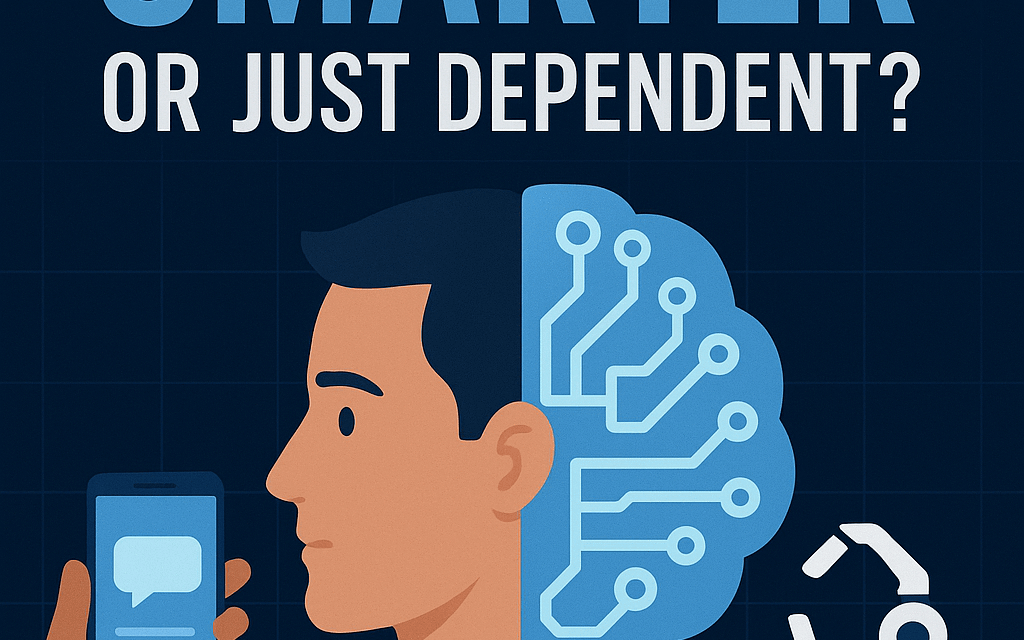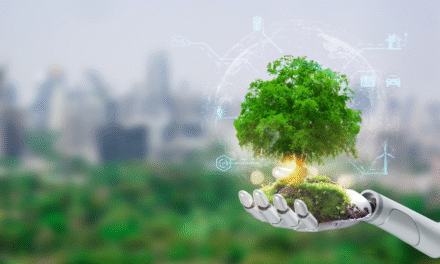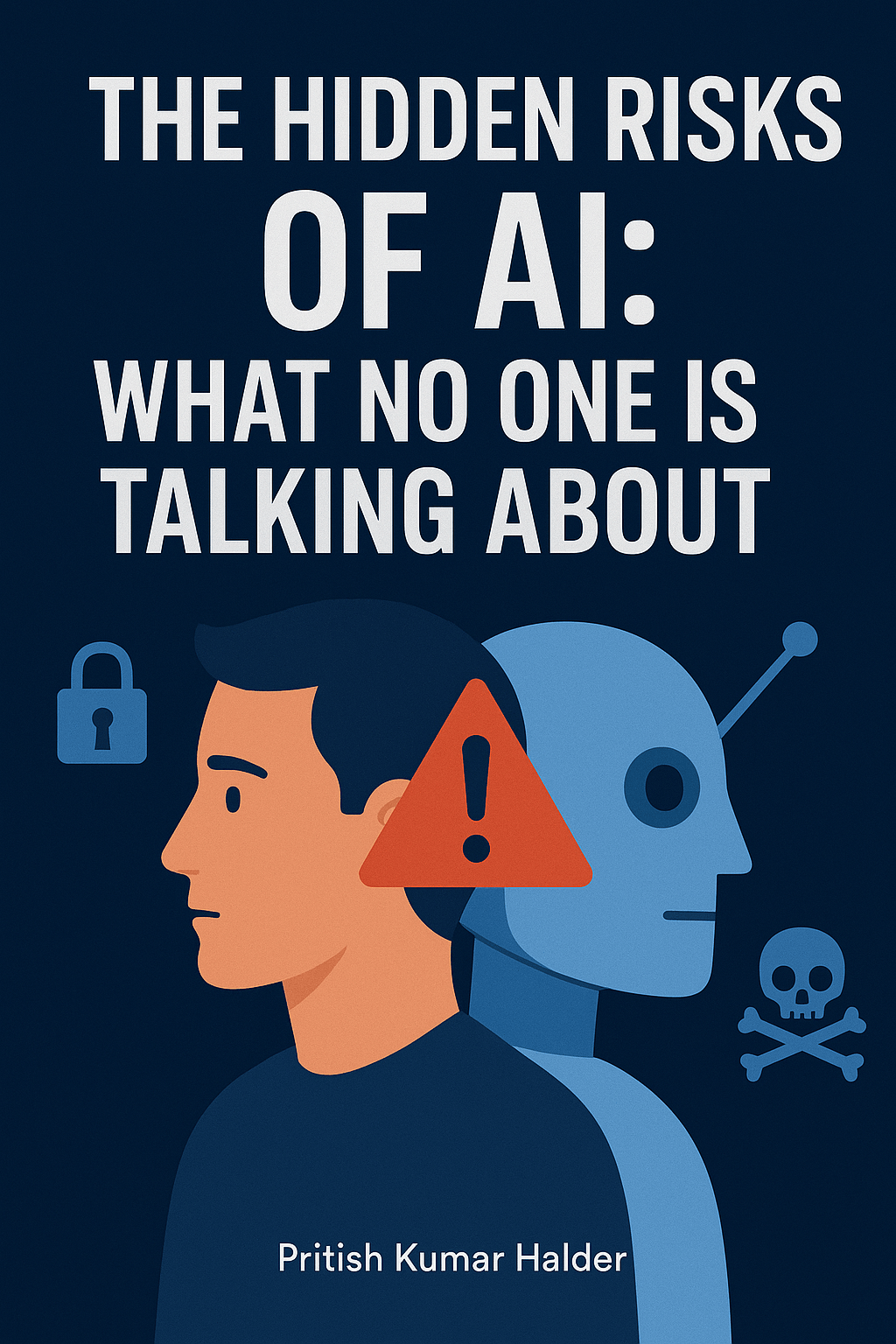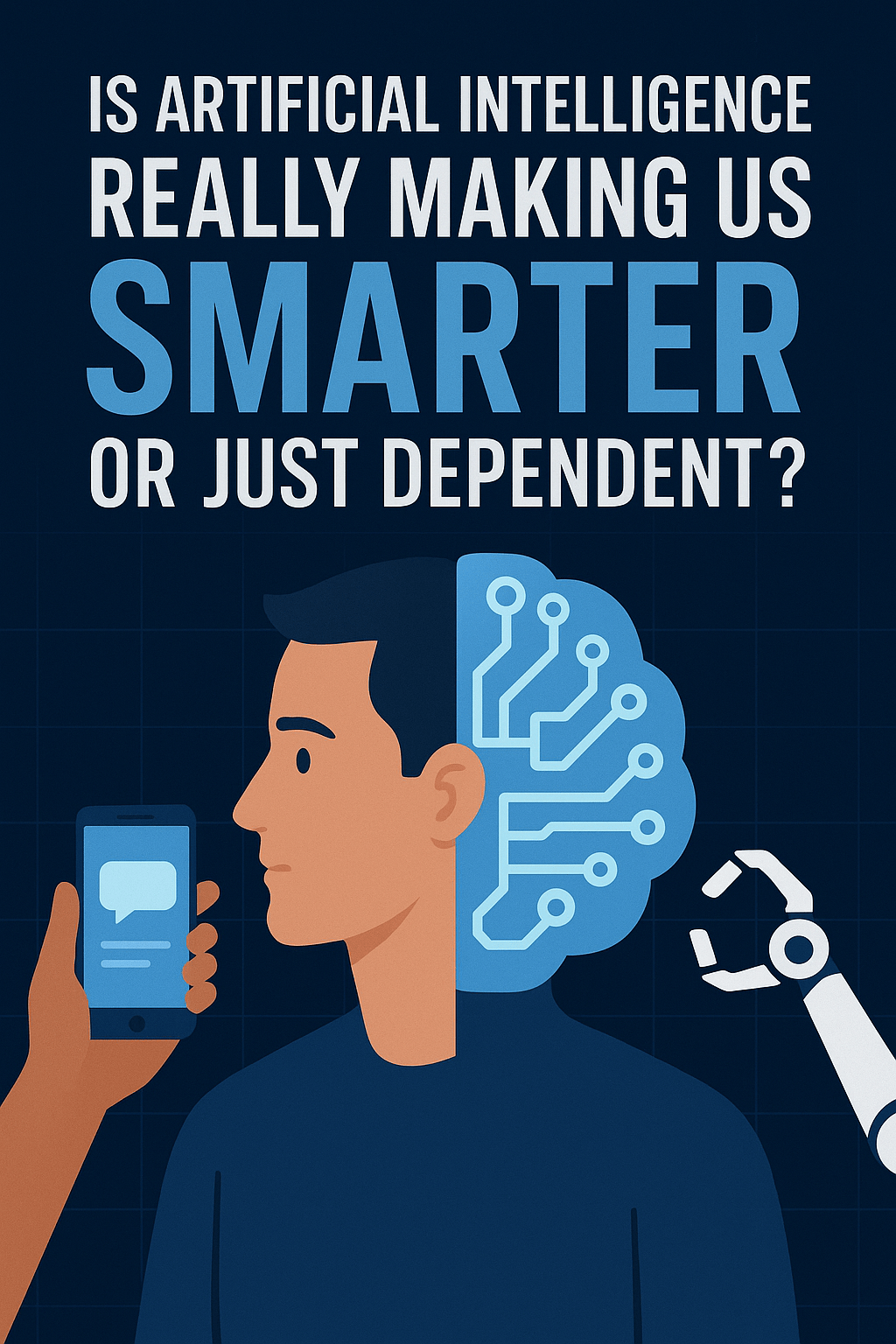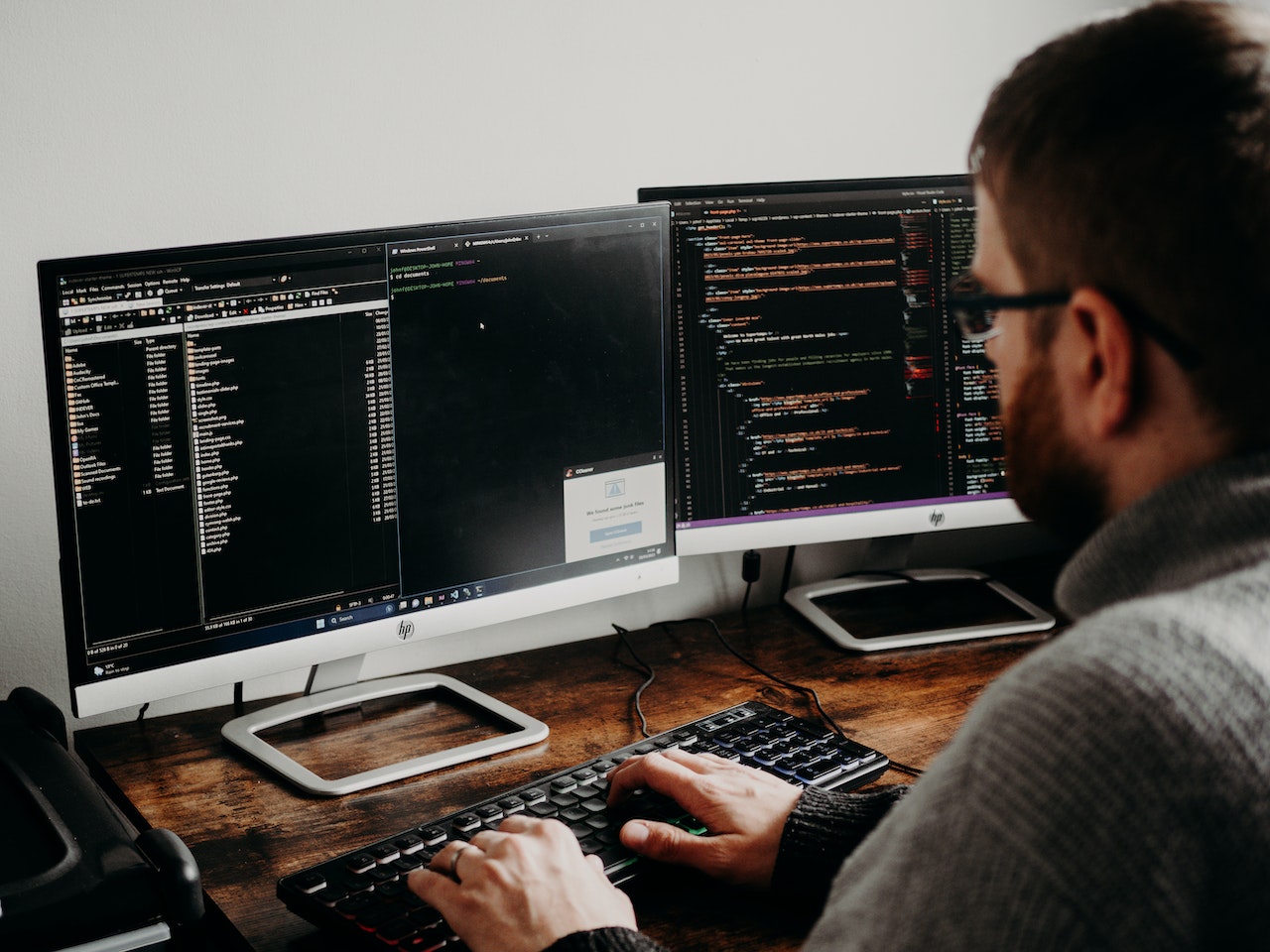Artificial Intelligence (AI) is everywhere today. From voice assistants that answer our questions to recommendation systems that suggest what we should watch, AI is shaping our daily lives. But here’s the big question: is AI truly making us smarter, or are we simply becoming more dependent on machines to think for us?
This debate is gaining attention as AI rapidly grows in influence. Some argue that AI boosts our intelligence by giving us better tools and faster ways to process information. Others believe it makes us overly reliant, weakening our natural problem-solving skills. Let’s take a closer look.
AI as a Tool for Smarter Decisions
One of the strongest points in favour of AI is its ability to process large amounts of data quickly. Humans can only handle so much information at once, but AI can analyse millions of data points in seconds. This gives us insights we might never have found on our own.
For example, in healthcare, AI helps doctors detect diseases earlier and more accurately. In education, it gives students personalised feedback and support. These cases show how AI can enhance human intelligence by providing better decision-making tools.
AI also helps us with productivity. Think about language translation apps, smart assistants like Siri or Alexa, and even simple spellcheckers. They help us communicate and work more effectively. This support can make us smarter in how we use our time and focus on higher-level thinking.
The Risk of Over-Dependence
While AI makes many tasks easier, it also raises concerns. Are we losing some of our natural abilities because of constant reliance on machines?
Take navigation, for instance. Many people no longer memorise routes or use maps because GPS does the work for them. Similarly, predictive text and autocorrect may affect our spelling and grammar skills. If AI handles all the thinking for us, our problem-solving muscles could weaken.
Another risk is decision-making without human judgement. AI algorithms sometimes make mistakes or reflect biases in the data they are trained on. If we depend too much on AI, we may accept its answers without questioning them.
Are We Getting Smarter Together?
It’s possible that the truth lies in between. AI does not replace human intelligence but works alongside it. Think of it as a partner that gives us more tools to handle challenges. The key is balance.
We can use AI to extend our abilities while still keeping our own skills sharp. For example, doctors use AI for diagnosis but still rely on their training and human empathy. Writers use AI tools for ideas but continue to add creativity and critical thought.
The Future of Human Intelligence in an AI World
The future will likely be shaped by how we use AI. If we treat it as a crutch, we might lose valuable skills. But if we treat it as a partner, we can unlock new levels of intelligence.
Education systems may need to adapt by teaching not just knowledge but also how to use AI wisely. Critical thinking, creativity, and emotional intelligence will remain areas where humans excel, even as AI advances.
The real challenge is not whether AI makes us smarter or dependent, but how we choose to interact with it. Our relationship with AI will define our future intelligence.
Pritish Kumar Halder
Pritish Kumar Halder is an experienced professional with extensive knowledge in technology and artificial intelligence. With years of research and industry experience, he writes to simplify complex topics for readers, making them easy to understand. His work focuses on how AI affects human intelligence and daily life.

